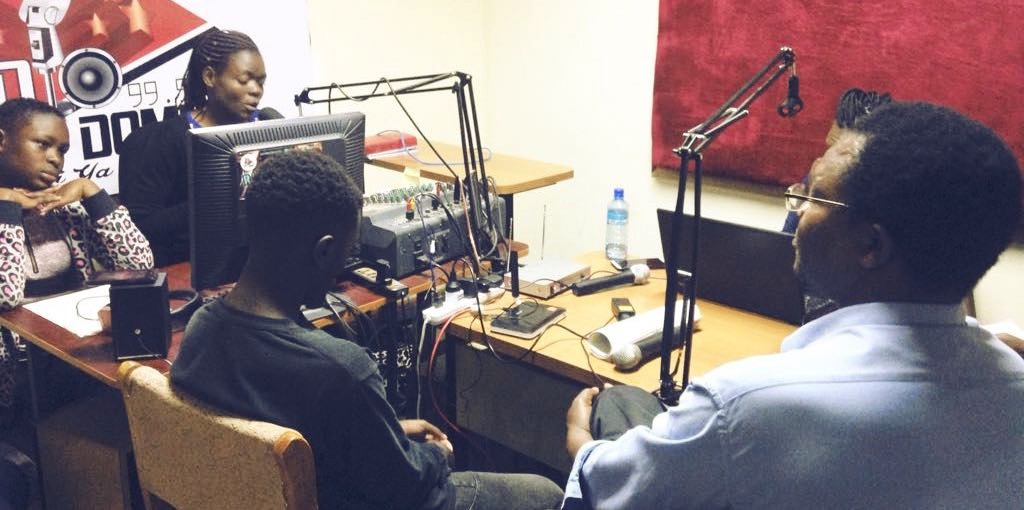On February 16th this year, MediaNet Works and the Internet Society Kenya Chapter launched “Safe Online, Safe On Land” a 12-month project that seeks to promote safe Internet usage and practices among children in Kenya. With funding from the Internet Society’s Beyond the Net Grants Program the project anticipates to reach 700 children, targeting Koinonia Community, four children’s homes, one secondary school, and three other schools in Ngong, Kajiado County.
In addition, 12 teachers, 15 child protection and social workers, 10 journalists from both the community and mainstream media, including the Bloggers Association of Kenya (BAKE), will benefit from this project.
Justification of the Project
The launch of this project coincided with media coverage of Internet and social media safety issues in the country. Cases of online child abuse and human trafficking have recently featured in local media. Consequently, the National Assembly on 26 April, 2018, passed the Computer Misuse and Cybercrimes Bill which is set to be presented to the president for assent. The Bill’s offenses relevant to this project include publication of fake news, pornography, cyberterrorism, cybersquatting, and child pornography.
To set the ball rolling consultative meetings between representatives of MediaNet Works and Koinonia Community were held to build consensus and deliberate on the way forward.
Setting Achievable Goals
To achieve the main goals of this project, a media and stakeholders workshop dubbed “Safe Online, Safe On Land,” was convened with the primary objective of sensitizing media players in Kenya on the silent Internet safety issues and their impact on children.
The one-day event held on Friday 27 April 2018, brought together 20 participants: 9 journalists in both print and electronic media from various mainstream media houses in Kenya that included Royal Media Services, Kenya Broadcasting Corporation (KBC), and Standard Media (KTN); 2 community radio stations (Radio Domus FM and Mtaani Radio FM); Bloggers Association of Kenya (BAKE); and Kenya Correspondents Association (KCA) representing freelance journalists in Kenya.
Also represented were three civil society organizations, Terre des Hommes Netherlands (TDH), which deals with child exploitation, Medical Missionary Sisters, which is involved in human trafficking, and Koinonia Community, our key partner. Three officials from the Internet Society Kenya Chapter and four staff from MediaNet Works facilitated the event.
It is expected that as a result of this media engagement, journalists will develop their stories to publish them through the media outlets. The journalists were visibly excited at the prospect of contributing to this cutting edge program.
Information Is Power, Share It
To lay down the foundation for this project, MediaNet commissioned baseline research at the inception of this project to establish how children use the Internet and recommend ways in which they can be supported to be more safe while on line. The research targeted 4 children’s homes with a population of 300 children and young people including a secondary school run by Koinonia Community. The sample population was 93 children.
The research findings were launched and shared at the media stakeholder event.
To enhance our communication and publicity, a new website www.medianetworks.or.ke website and a WhatsApp group have been launched.
Read “A Better Internet for Kenyan Kids” to learn more about the origins of the “Safe Online, Safe on Land” project.
